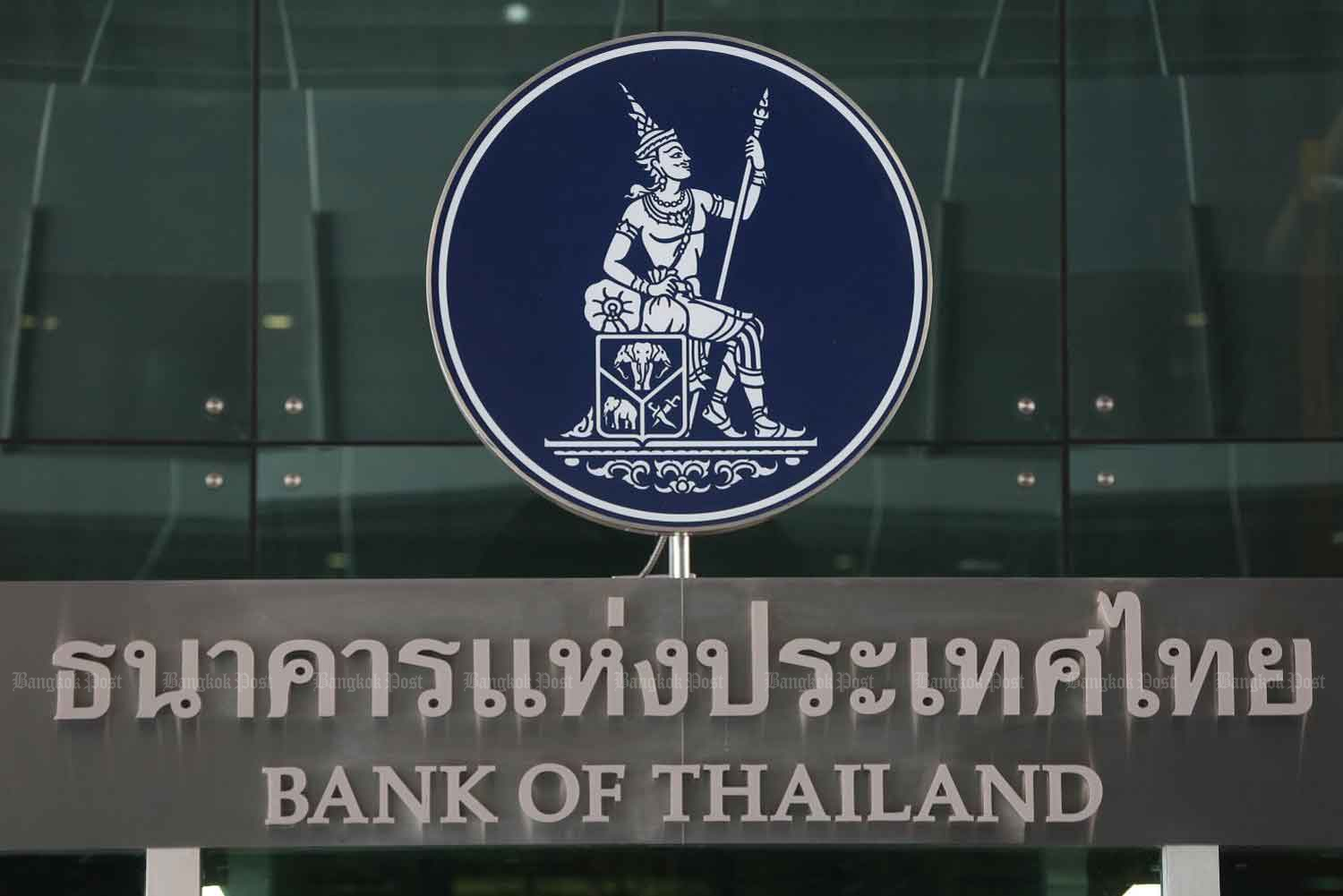
The private sector agrees with the Bank of Thailand's planned financial landscape that aims to create a sustainable digital economy, but the plan requires clearer objectives in certain areas.
The central bank on Feb 1 issued a public consultation paper on "Repositioning Thailand's Financial Sector for a Sustainable Digital Economy" to lay out its underlying principles and policy directions for the new landscape. The consultation runs until Feb 28.
The bank disclosed the opinions of all stakeholders commenting on the paper yesterday and invited representatives from some sectors to express views on the paper.
Ronadol Numnonda, the central bank's deputy governor for the financial institutions policy group, said it received more than 100 comments on the paper.
Commenters agree in general with the central bank's call for a balance between digitalisation, sustainability and resiliency in line with the financial sector transition towards a digital economy. Some commenters provided recommendations.
The central bank supports financial institutions leveraging technology and data to drive financial innovation.
The central bank also is in favour of virtual bank licensing. However, existing players have expressed concerns that a new licence would increase competition and raise the country's household debt, said Mr Ronadol.
Some commenters suggested related parties should pay more attention to tackling existing household debt because it would do more to help the economy in the long run.
He said the commenters also suggested the central bank supervise financial institutions, in line with the risk of the business licence or business model.
Kattiya Indaravijaya, chief executive of Kasikornbank (KBank), said the Thai Bankers' Association including KBank supports the central bank's new financial landscape, particularly the move to digital services.
The banking industry has been transitioning to a digital bank era. However, KBank wants to see clearer objectives in terms of its virtual banking licensing plan.
Financial inclusion of Thailand's households has been improving, rising from 98.7% in 2019 to 99.7% in 2020. In particular, deposit service improved from 80% to 88.4% over the period, payments increased from 67.9% to 80.4% and money transfers rose from 44.5% to 52.6%.
Despite loan service improving from 35.8% to 45.5%, the ratio remains low, especially loan accessibility of small and medium-sized enterprises, said Ms Kattiya.
"The central bank should have a clearer purpose regarding new players under a virtual banking licence to help support financial inclusion," she said.







